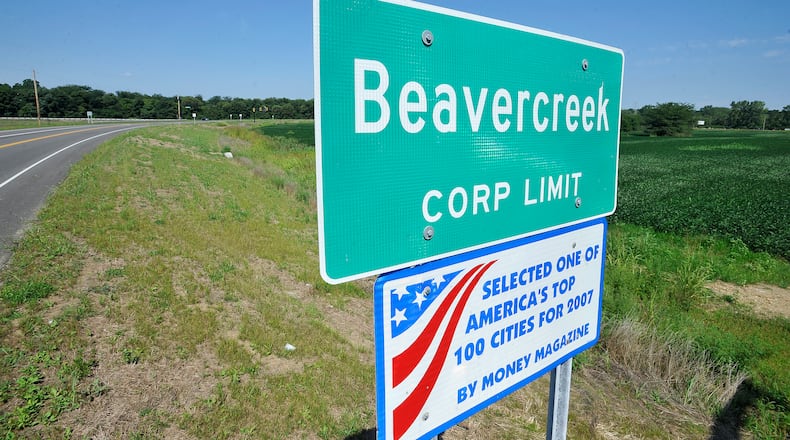If passed, the income tax would take effect on Jan. 1, 2022. The city will generate roughly $14.5 million from the income tax if it is passed, said Beavercreek City Manager Pete Landrum.
Per Beavercreek’s City Charter, city council doesn’t have the power to adopt a levy or city income tax without a majority vote from residents of the city.
No municipality can levy an income tax higher than 1% without having the approval of the excess by a majority of the voters in the municipality voting, according to Ohio Revised Code. Residents would have to vote on any increase to the income tax at a general, primary or special election.
“The intent of that language is clear-- voters must approve any change," Landrum said.
Any Beavercreek resident who already works in a community with a property tax will get a credit up to 1%, Landrum said. Someone who lives in Beavercreek and works in Jamestown, which has a half percent income tax, would pay the Jamestown tax and a half percent to the city of Beavercreek.
About half of the city’s residents work in a city with an income tax, so they wouldn’t see an increase. Civilians who live in Beavercreek and work at Wright-Patterson Air Force Base would have to pay the tax.
Three-fourths of the workforce in Beavercreek are non-residents. Landrum said, if approved, about two-thirds of the revenue generated from the income tax will be from those non-residents.
Those in opposition say they want to city to continue to come to citizens with levies because it keeps the city accountable for how they spent tax dollars. Landrum said levies alone can’t cover side path and storm water damage repairs that need to get done.
Landrum said if street levies could cover all the infrastructure needs of the city, there wouldn’t be a $200 million backlog. For instance, a drainage ditch along Willowcrest Road can’t be addressed with levy funds, but it floods often, Landrum said. That project is estimated to cost $2.2 million and funding for it is unknown, according to the city’s 5-Year Capital Improvement Plan.
“The issues we have are real and we haven’t been dealing with them,” Landrum said. “There are only two ways a city can fund a government, and that is with property tax and income tax. We feel diversifying our funding gives us a balance.”
Landrum said if the income tax is approved, it will decrease property taxes for Beavercreek residents. If voters give the income tax a thumbs up, the city will let a 3.4 mil streets levy expire, according to the ballot language. Landrum said that streets levy makes up 21.4% of the city’s property taxes.
About the Author

